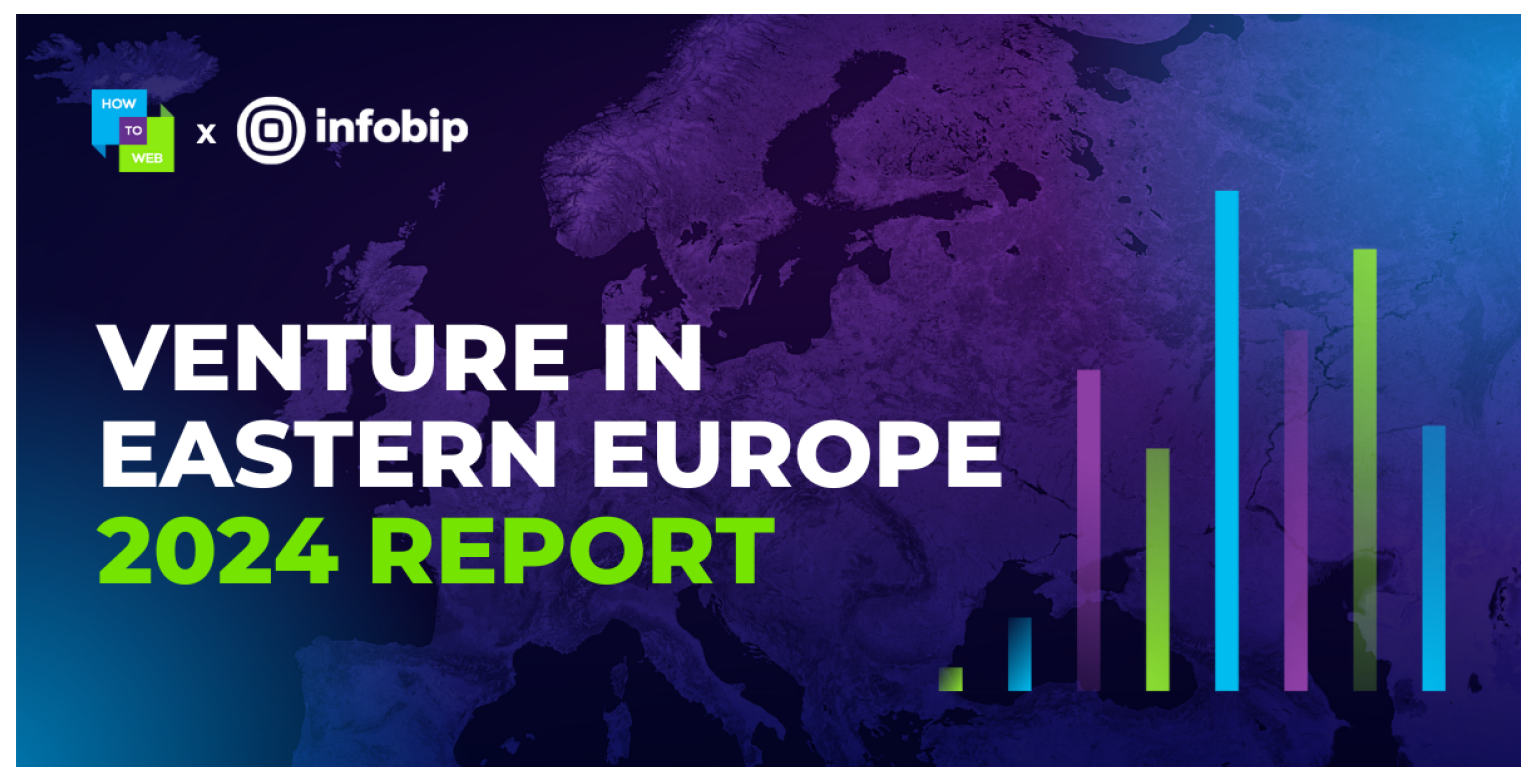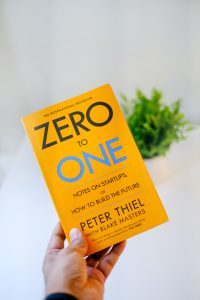
History is one of my longstanding passions, for as long as I can remember I’ve always been fascinated with human history and how various events have shaped the very fabric of society and our future as a species.
Make no mistake, everything that is happening around us right now is history in the making, and I’m not referring solely to Covid-19, I’m referring to the monumental speed at which society and technology is moving.
If we take a step back, it’s quite easy to see how much the world has changed in the last few decades. In terms of general adoption, we’ve gone from landlines in the 60’s to having mobile phones in our pockets in the 90’s and then to having smart phones that are millions of times more powerful than the best Apollo Era computers in the late 2000’s.
From my personal point of view there are two factors that led to this rapid change:
For the purposes of this post, I’ll be giving my thoughts on the second factor, I’ll tackle the first one in a different one.
I started this article by briefly mentioning my passion for history, what I didn’t say is that a big part of that passion stems from reading a lot of military history, and now, as I’m getting a good overview of how people build companies around great ideas & products, I came to the conclusion that running a successful company is very similar to successfully leading an army.
Military and business leaders alike use the same resources: manpower, capital, intelligence and technology and they must carefully plan their moves based on their access to these resources. There’s no science to business as there’s no science to war, it’s about courage, creativity, resource procurement & management, temperament, and timing
Unsurprisingly we find that a lot of business culture is filled with military terms such as strategy, moat, or campaign. And any good founder or investor must have a good grasp of what they mean and how to develop them.

So why is this article called ‘’When Peter Thiel meets Napoleon’’, what does a founder & investor from the 21’st century have in common with the emperor of France from the beginning of the 19’th century? Well it’s just a fancy way of saying when a forward-thinking investors meets a visionary founder. But there are similarities between the two, both are characterized by being innovators themselves and being open to innovation, Peter Thiel believes that monopoly is the condition for every successful business, Napoleon had a monopoly on the battlefield, and he became the master of Europe.
I firmly believe there are a few key elements that any founder & investor should look at before embarking in a new venture, all these elements are inspired from military theory